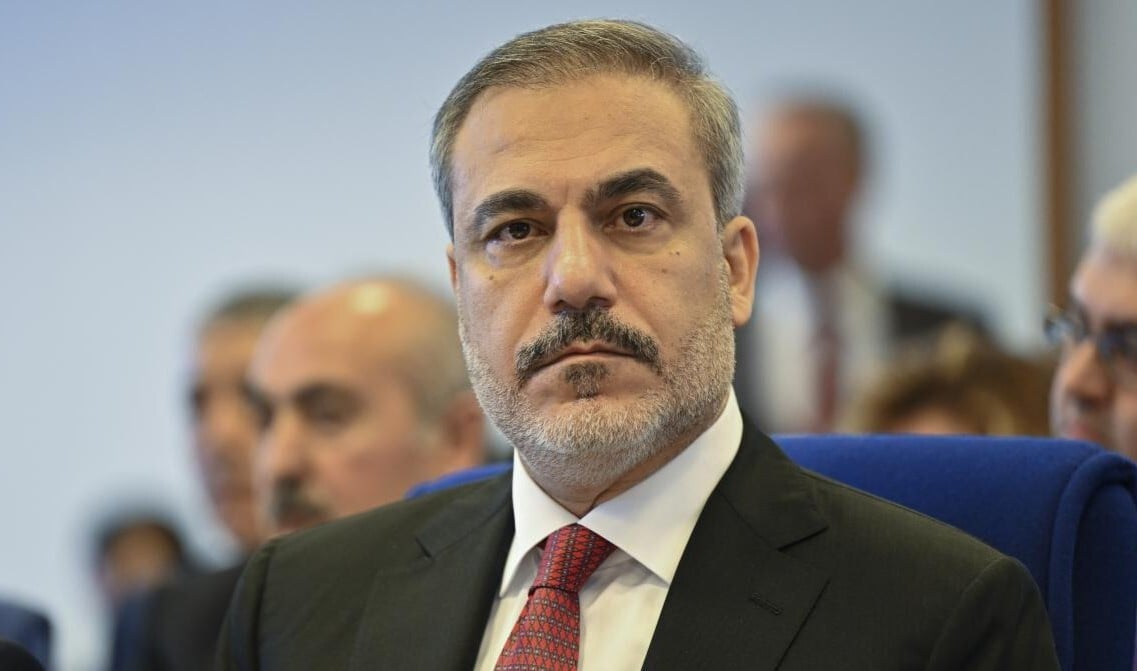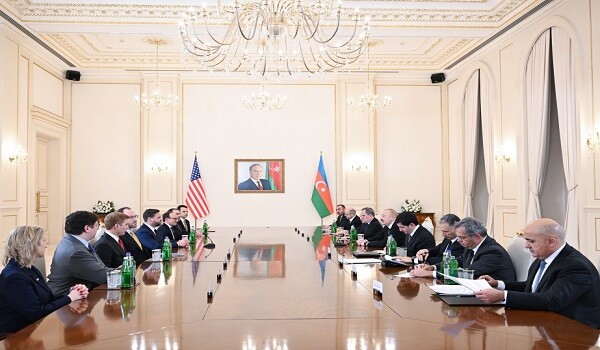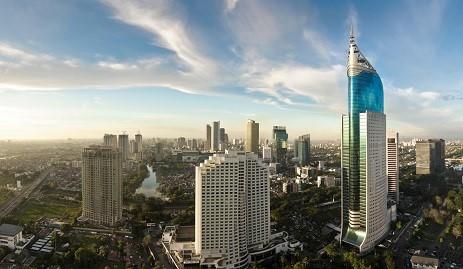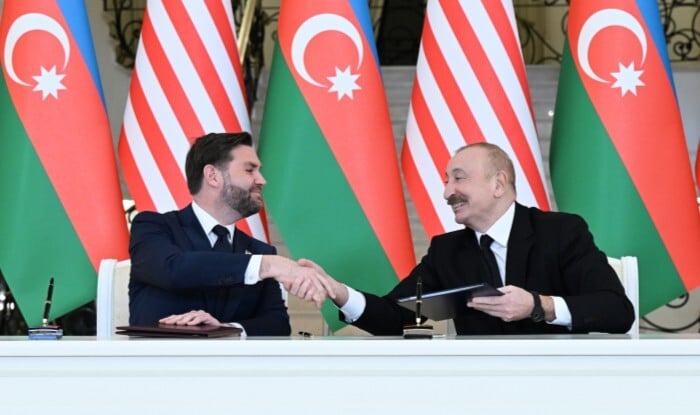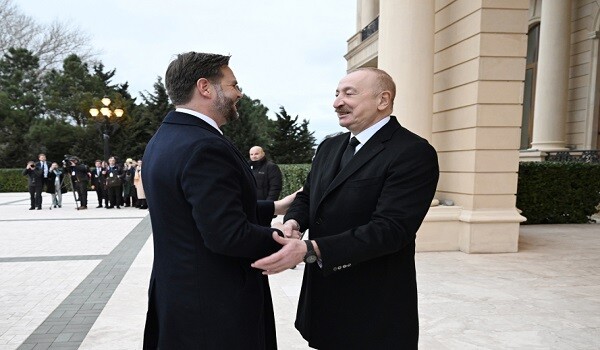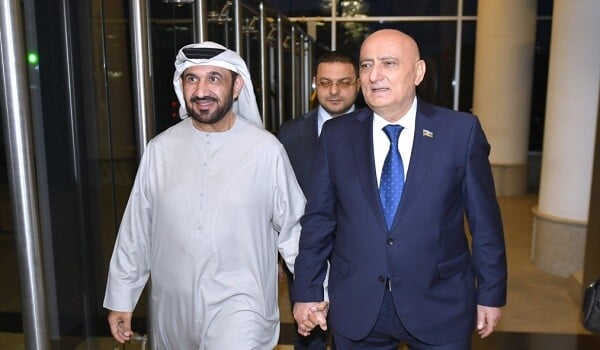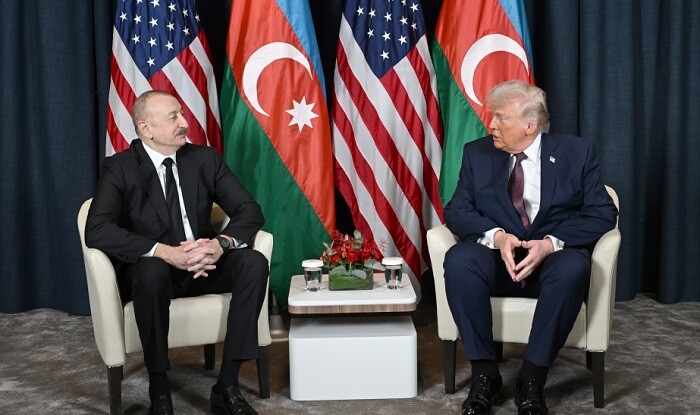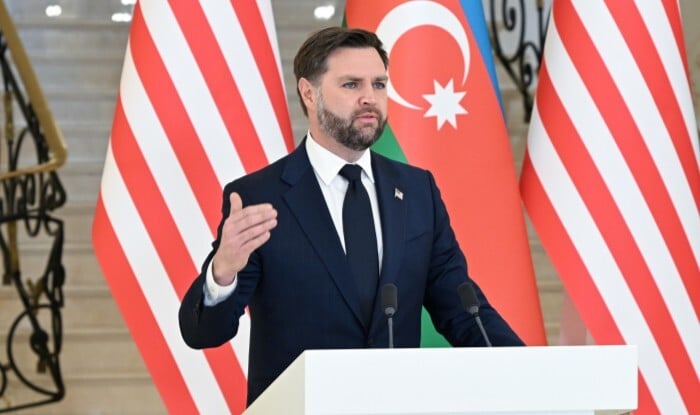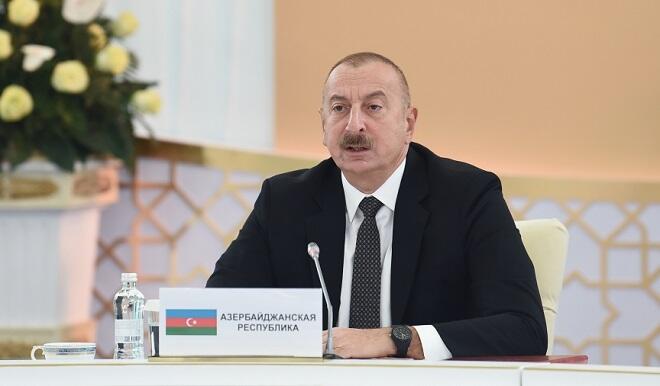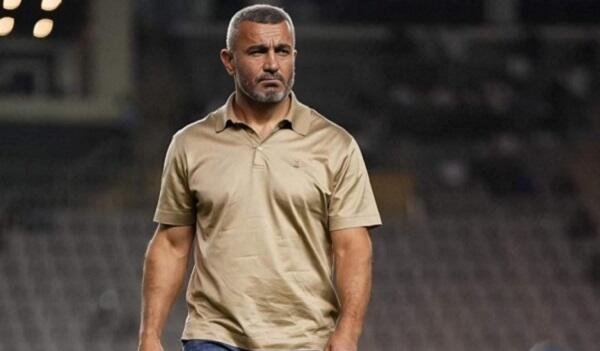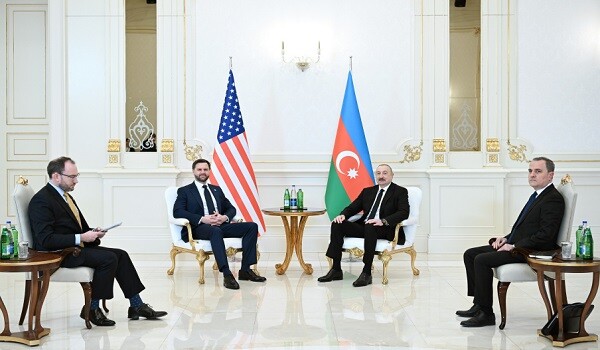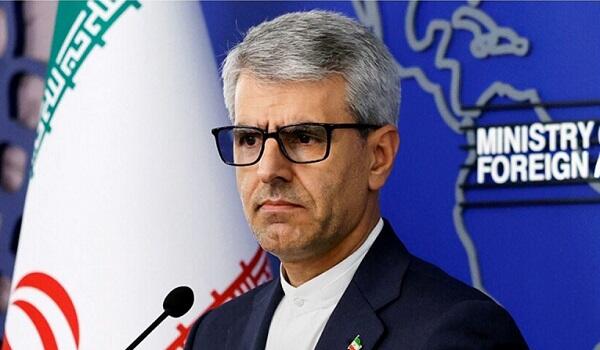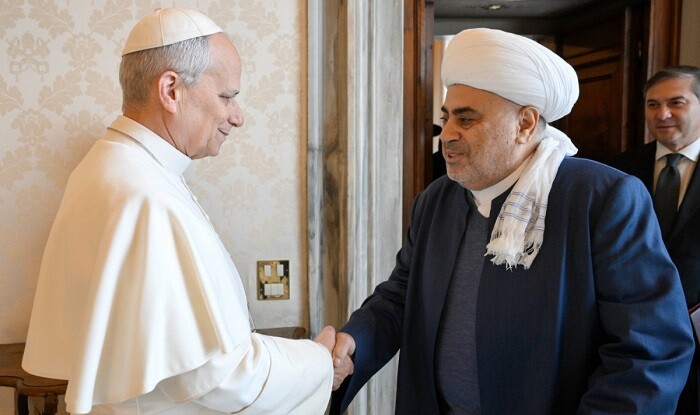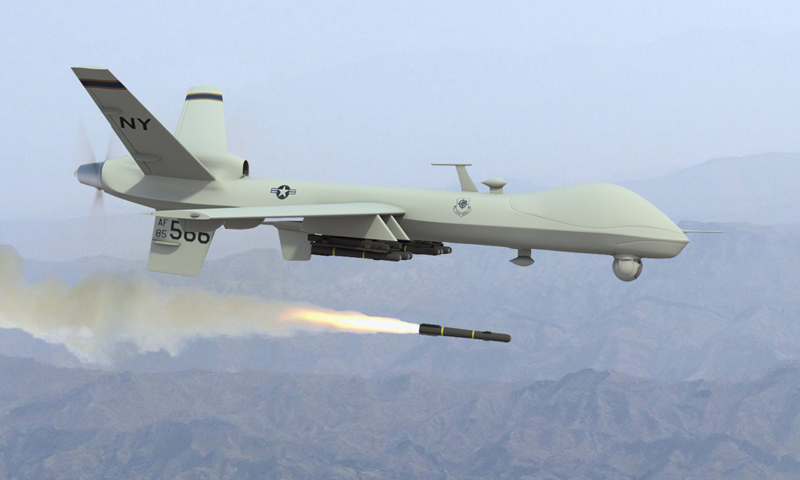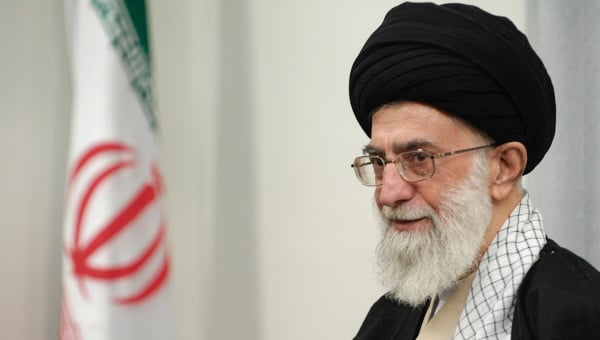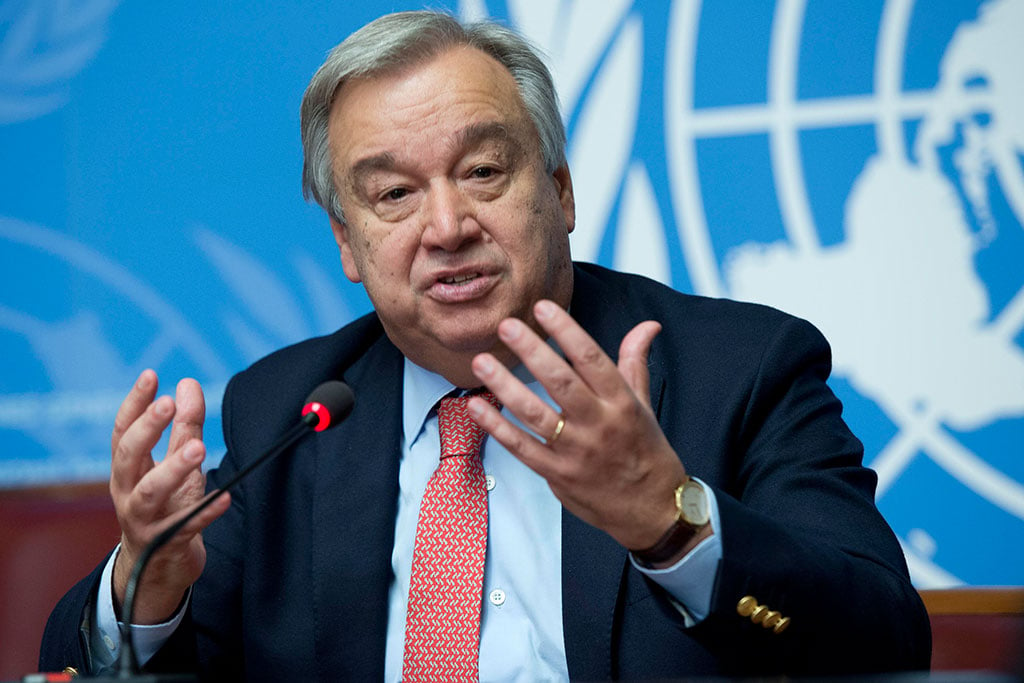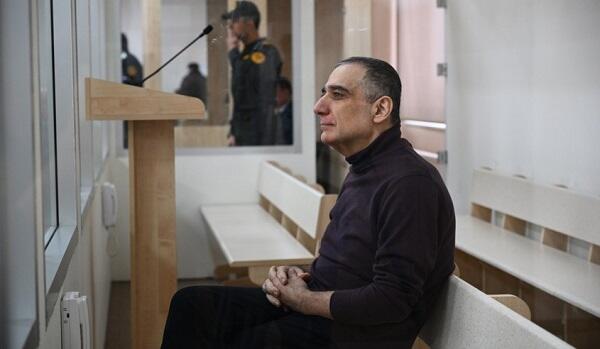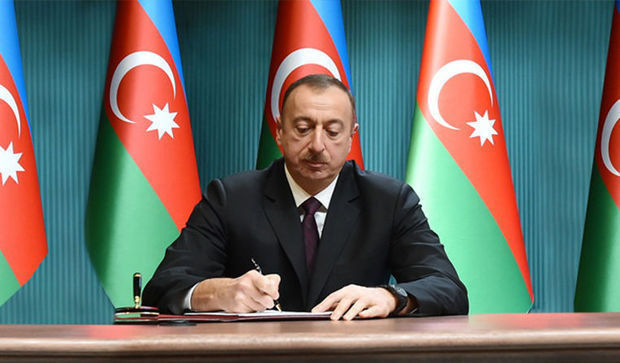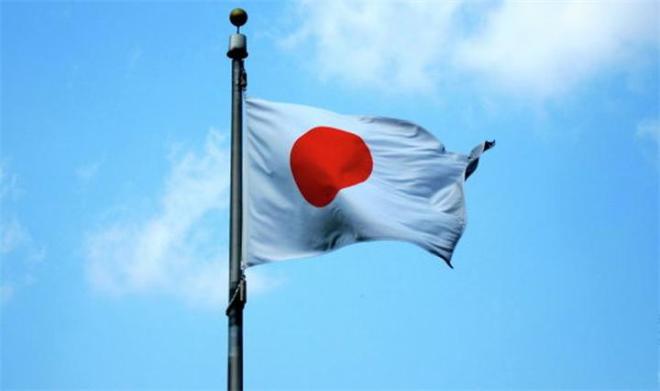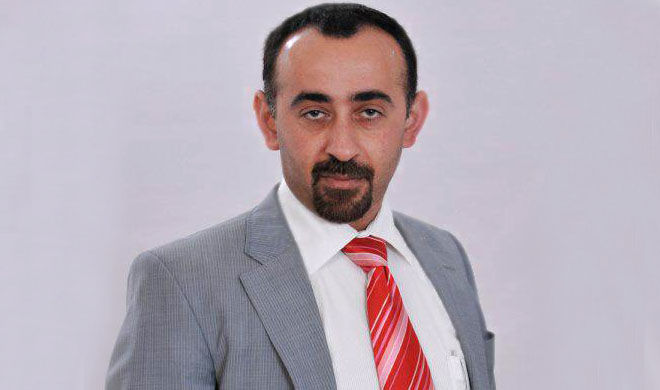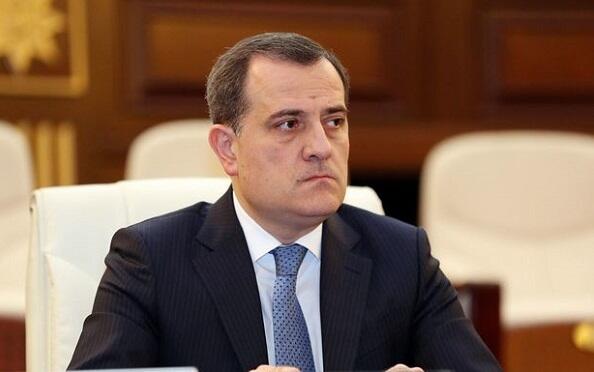Lawyer, Professor Farhad Mehdiyev wrote a column for En.axar.az about upcoming elections in Turkey.
We present the column:
24 June 2018 is a historic day for Turkey. It's a very important and crucial day.
The 24 June elections are a day of fighting for Turkey.
In any case, this kind of pre-election state is not usual for countries. Erdogan has about 40% of the country's voters who very much devoted for him. On the other hand, there is another block that hates Erdogan and constitutes 50% of the country's electorate.
The opposition, which has learned from Ekmeleddin Ihsanoglu's failure, enters the election with each candidate. The RPP (Republican People's Party) put forward Muharram Inci, who is Sunni and quite popular, not Kılıçdaroglu, who is an alavit and flame of his own candidate to collect the voices of voters who are in the right wing. Meral Akshener, represents the voices of the nationalist right-wing protest and unstable electorate. Karamollaoglu, however, will sever the voice of some more religious people from Erdogan.
But without the voice of the Kurds, no one will be able to win. Understanding this, the RPP provides logistic support to overcome the electoral threshold of the (PDP) Peoples' Democratic Party representing the Kurds; and because of the same strategy it has it has given 15 MP-s to IYI Party in order to make them eligible to run for the elections. Akshener also wants to collect some Kurdish voices, so she did not take Ultra nationalists, for example, Halacoglu. But the party that shows the best performance and agility is, of course, the RPP(Republican People's Party).
For this reason, it is expected that Erdogan will not be able to win the first round. The main hope of Erdogan is that the PDP does not go through the threshold, because in this case, the majority of the parliamentary seats of the PDP will come to the AK Party.
Turkish economy suffers a sustainable crisis. Among the reasons of the crisis are troubles of investors. Foreign Investors see themselves in danger and withdraw their investments. Because for the foreign investments the independence of the judiciary is a main guarantee but Turkey has a long way to go in order to reach this objective.
Another mistake in foreign policy was Turkey's convergence with Russia, avoiding the traditional allied strategy. Of course, the West's policy with Turkey is far from being ideal, but when it comes to conflict of interests in the region, the interests of Russia and Turkey are in fact more widespread - both geopolitical and economic.
In any case, the June 24 elections will have a new political impact on the world.
